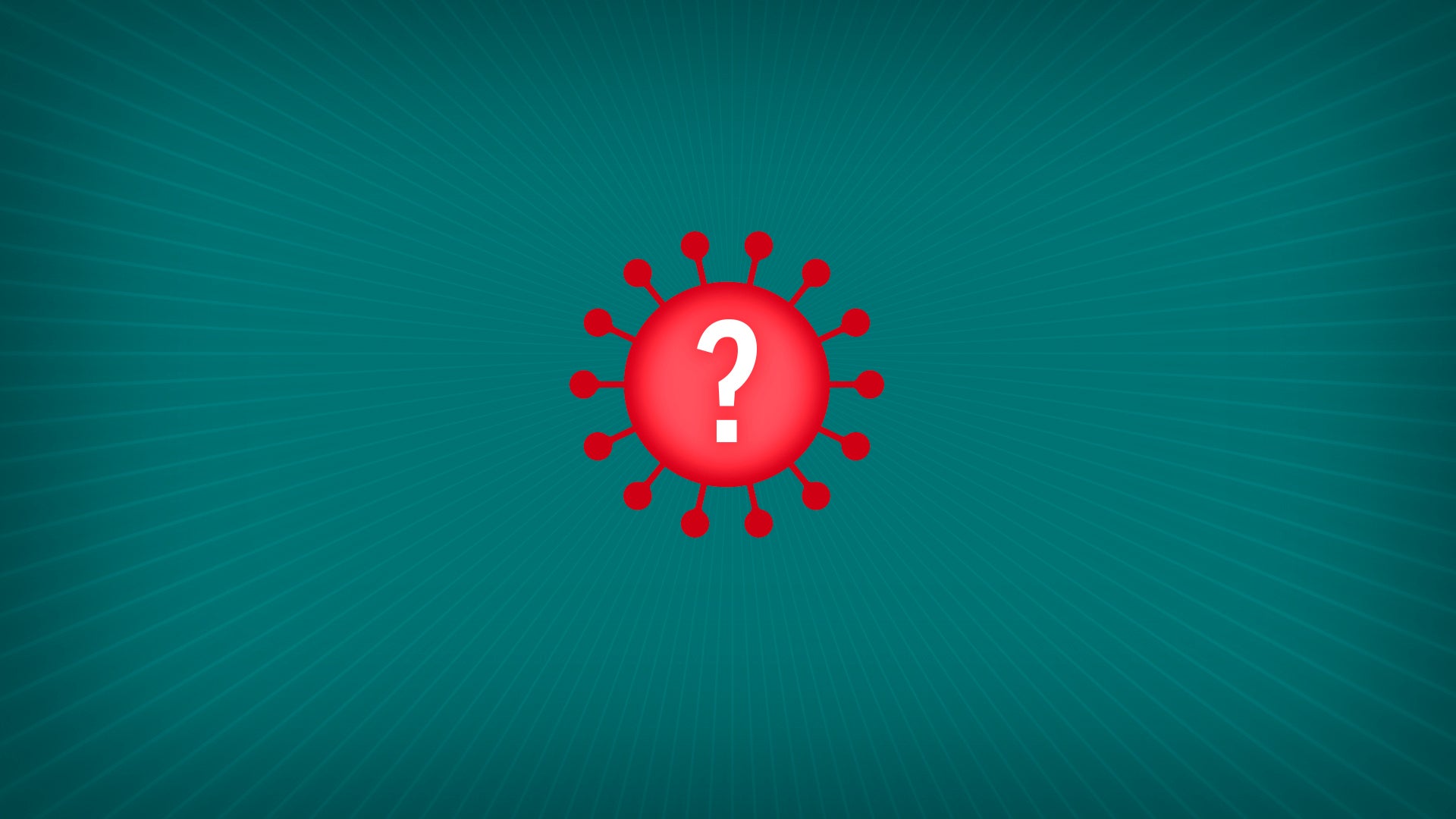What should I know about the delta variant?
The delta variant of the coronavirus has been found in more than 80 countries since it was first detected in India and is responsible for 20% of infections in the U.S. Most virus mutations aren’t concerning, but there is a worry that some variants might evolve to be more contagious, cause more severe illness or evade the protection of vaccines

Your support helps us to tell the story
From reproductive rights to climate change to Big Tech, The Independent is on the ground when the story is developing. Whether it's investigating the financials of Elon Musk's pro-Trump PAC or producing our latest documentary, 'The A Word', which shines a light on the American women fighting for reproductive rights, we know how important it is to parse out the facts from the messaging.
At such a critical moment in US history, we need reporters on the ground. Your donation allows us to keep sending journalists to speak to both sides of the story.
The Independent is trusted by Americans across the entire political spectrum. And unlike many other quality news outlets, we choose not to lock Americans out of our reporting and analysis with paywalls. We believe quality journalism should be available to everyone, paid for by those who can afford it.
Your support makes all the difference.What should I know about the delta variant?
It’s a version of the coronavirus that has been found in more than 80 countries since it was first detected in India It got its name from the World Health Organization which names notable variants after letters of the Greek alphabet.
Viruses constantly mutate and most changes aren't concerning. But there is a worry that some variants might evolve enough to be more contagious, cause more severe illness or evade the protection that vaccines provide.
Experts say the delta variant spreads more easily because of mutations that make it better at latching onto cells in our bodies. In the United Kingdom the variant is now responsible for 90% of all new infections. In the U.S., it represents 20% of infections, and health officials say it could become the country’s dominant type as well.
It's not clear yet whether the variant makes people sicker since more data needs to be collected, said Dr. Jacob John, who studies viruses at the Christian Medical College at Vellore in southern India.
Studies have shown that the available vaccines work against variants, including the delta variant.
Researchers in England studied how effective the two-dose AstraZeneca and Pfizer-BioNTech vaccines were against it, compared with the alpha variant that was first detected in the U.K.
The vaccines were protective for those who got both doses, but were less so among those who got one dose.
It's why experts say it's important to be fully vaccinated. And it's why they say making vaccines accessible globally is so critical.


